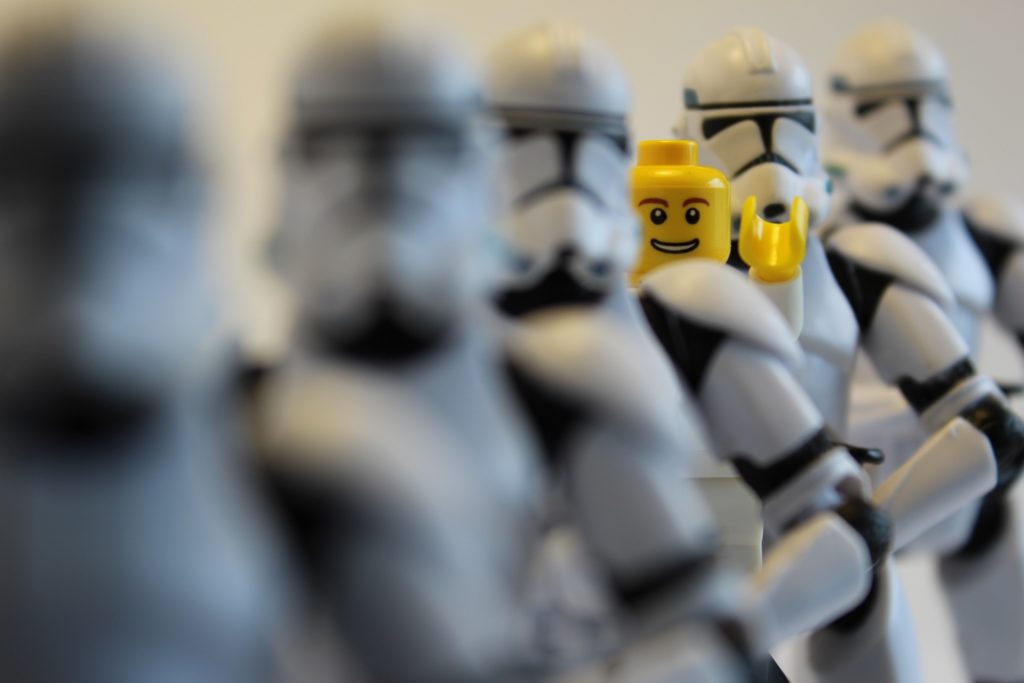
Being in the field of hospitality training, it grabs my attention when I see the word “personalization” in a headline or the title of a conference session.
NB: This is an article from Kennedy Training Network
Lately this seems to be a more popular buzzword than ever. However, when I read the post or attend presentations, it seems the recommended solutions always seem to center around data collection and then some tech solution.
Being on the road for around 140 days each year, I am also on the receiving end of the hospitality industry’s attempts to deliver “personalization.” From my perspective, there is a huge disconnect between what too many leaders believe personalization is all about and the reality of what it feels like when one experiences it. As a result, I put together this list:
Guest personalization is not:
- sending a generic text message saying “Welcome to the hotel. How is your room?”
- using an email template listing “local area attractions”;
- making an intrusive phone call while I am busy unpacking to ask “How is your room sir, good?”
- knowing if I like foam or feather pillows;
- using a scripted, impassive welcome statement saying “Thank you for your loyalty”;
- being “Mr. Kennedyed” to death by a server who uses my name in every sentence;
- having a roomservice server who, when I open the door, greets me with “May I enter your room?” because of brand standards and rating services instead of a personalized “Good evening, Mr. Kennedy, dinner is served”;
- using a scripted welcome message to be read verbatim (When checking in very late and asking about a ride to the airport at 5 a.m. then I am told “OK, sir, now breakfast starts at 6:30 a.m.);
- being asked “What brings you to the hotel today?” and only to hear about the spa (which has hours from 9 a.m. to 5 p.m.) after replying that I’m there for an all-day meeting;
- when my name appears as I revisit a website as it doesn’t win long-term loyalty; and
- forcing me to use a smart TV to order room service because it takes longer and it’s less forgiving when forgetting to order something extra.
Attempts at personalization such as these generate about as many “warm fuzzies” as the “Happy Birthday” texts and emails I get from my doctor, dentist and auto dealership.
Guest personalization is:
- a personalized text from the same front-desk colleague who checked me in saying “Greetings Mr. Kennedy, this is John from the front desk, just checking to make sure your stay is off to a good start…”;
- a front-desk colleague who proactively volunteers relevant information upon arrival. “By the way Mr. Kennedy, since you are leaving at 5 a.m.—before breakfast opens—we do sell to-go snacks in our lobby marketplace.”
- an authentic statement that welcomes me back specifically;
- when someone sincerely asks “How was your trip in today?” and listens attentively when I share my travel dramas;
- a personalized room assignment, such as returning to the same room from a previous visit;
- the feeling I get when walking down a long hallway and hotelier looks me in the eye, smiles and says “Good morning!”
- a sincere compliment such as “Nice tie you have on today, sir”;
- personalized recommendations of authentic local restaurants and attractions;
- when I ask to reconfirm travel times or for driving directions and someone suggests a shortcut or better routing than Google Maps;
- an easy-to-find local phone number when I really need to call the front desk for a quick question;
- pronouncing a difficult-to-say last name (when guests call to book or reconfirm, smart hoteliers enter the phonetic pronunciations into “guest comments” field);
- when someone returns a call about a lost-and-found item and says “Yes, we found it” or “Regretfully we did not locate it” to give a sense of closure; and
- offering to store personal items that are hard to travel with and costly to check for guests who return frequently multiple times a month.




